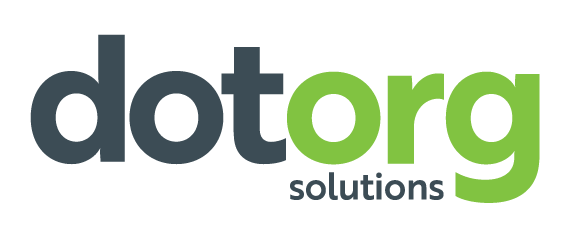Overview of Giving USA 2024
Each year, Giving USA publishes their report providing stats and insights on charitable giving in the U.S. The report looks at total charitable giving by source: individual, foundation, corporate and bequest as well as by sector: religion, education, human services, health, public-society benefit, arts/culture/humanities and environment/animals.
Below, you will find key findings for 2023:
Charitable giving in the United States reached a new record high of $557 billion in 2023, representing a 5.2% increase over the previous year. This follows a period of uneven growth in the aftermath of the COVID-19 pandemic, with fluctuations in giving levels across different donor sources and recipient sectors. I know you are thinking “but everyone says annual giving is decreasing!” That’s because it didn’t outpace inflation and in fact decreased 2.1% when adjusted. We still haven’t topped the all-time high of giving in 2021.
Individual giving rebounds
Individual giving rebounded in 2023, increasing to $374 billion after declining in 2022. This accounted for 67.2% of total giving, the largest share among all sources. However – like everything else in the report (other than bequests) when you account for inflation, individual giving decreased. In fact – since 1983, individual giving has fallen from 82% of all giving to only 67%.
Foundation giving continues steady growth
Giving by foundations fell to $103 billion from $106 billion in 2022. However, the percentage of foundation giving in overall giving is consistently growing, currently at 19% of all giving.
Corporate giving lags behind
Corporate giving saw the smallest increase totaling $37 billion. This reflects ongoing economic uncertainty and pressure on corporate budgets. It also means that as the smallest piece of the giving pie, you should be prioritizing other giving vehicles over chasing the “big corporate dollars.”
Bequest giving outpaces inflation
Bequests grew to $43 billion in 2023, growing by 0.6% in real dollars as the only source of giving to outpace inflation. It continues to provide between 9-10% of overall giving but is obviously someplace you should focus in the upcoming year.
Implications and Takeaways for Nonprofits
So, what does all this mean? The findings from Giving USA 2024 present both opportunities and challenges for nonprofit leaders and fundraising professionals. Here are some of the key takeaways:
1. Prioritize individual donor cultivation
With individual giving accounting for the majority of overall charitable contributions, nonprofits should focus on cultivating and retaining individual donors. This may involve investing in donor stewardship, improving communications and offering compelling giving opportunities.
2. Diversify funding sources
Nonprofits should always seek to diversify their revenue streams. This could mean strengthening foundation grant proposals, exploring corporate sponsorships and partnerships and especially promoting planned giving options like bequests, IRA and stock transfers and donor-advised funds.
3. Address economic uncertainty
The relatively low growth in corporate giving underscores the ongoing economic challenges faced by many businesses. Nonprofits should be prepared to navigate a potentially volatile funding landscape, potentially by building up reserves and exploring alternative revenue streams.
4. Enhance donor engagement
Nonprofits should focus on deepening relationships with donors and exploring creative ways to encourage planned giving. This may include legacy society programs, donor advisement services and sophisticated stewardship approaches.
5. Leverage data and insights
The Giving USA report provides a wealth of data and insights that can inform an organization's fundraising strategy. Nonprofits should closely analyze the report's findings, benchmark their performance against industry trends and use these insights to guide their decision-making.
6. Invest in fundraising capacity
Nonprofits should ensure they have the necessary fundraising infrastructure, expertise and resources (I know-in a perfect world, right?). This may involve hiring dedicated development staff, providing training for existing teams and implementing or optimize donor management systems.
7. Communicate impact effectively
Donors are becoming more discerning and educated. Nonprofits must be able to clearly articulate their mission, programs and measurable impact. Effective storytelling and impact reporting will be critical in attracting and retaining donor support. Check out this blog we wrote about storytelling.
The Giving USA 2024 report paints a complex picture of the philanthropic landscape in the United States, with both encouraging signs and some areas of concern for nonprofit organizations. By understanding the report's key findings, nonprofit leaders can develop more informed and strategic fundraising plans to navigate the evolving donor environment and maximize their impact. Staying attuned to these trends and insights will be essential for nonprofits seeking to thrive in the years to come.
Contact us to learn how we can help your nonprofit fundraising.

Sara Lundenberger - VP, Nonprofit services & operations
Although Sara never meant to be a fundraiser, her first post-college job was as a development assistant and she never looked back. She loves working with our nonprofit clients because they know what they want to achieve, but they may not always know how to get there. She integrates fundraising best practices with an organization’s capacity to create processes and plans that are usable. Sara truly believes nonprofits make the world a better place. From her previous positions to the fantastic clients she works with now, she learns a little more about the world we live in every day. We are all touched by a nonprofit organization every day, whether we know it or not.

.png)